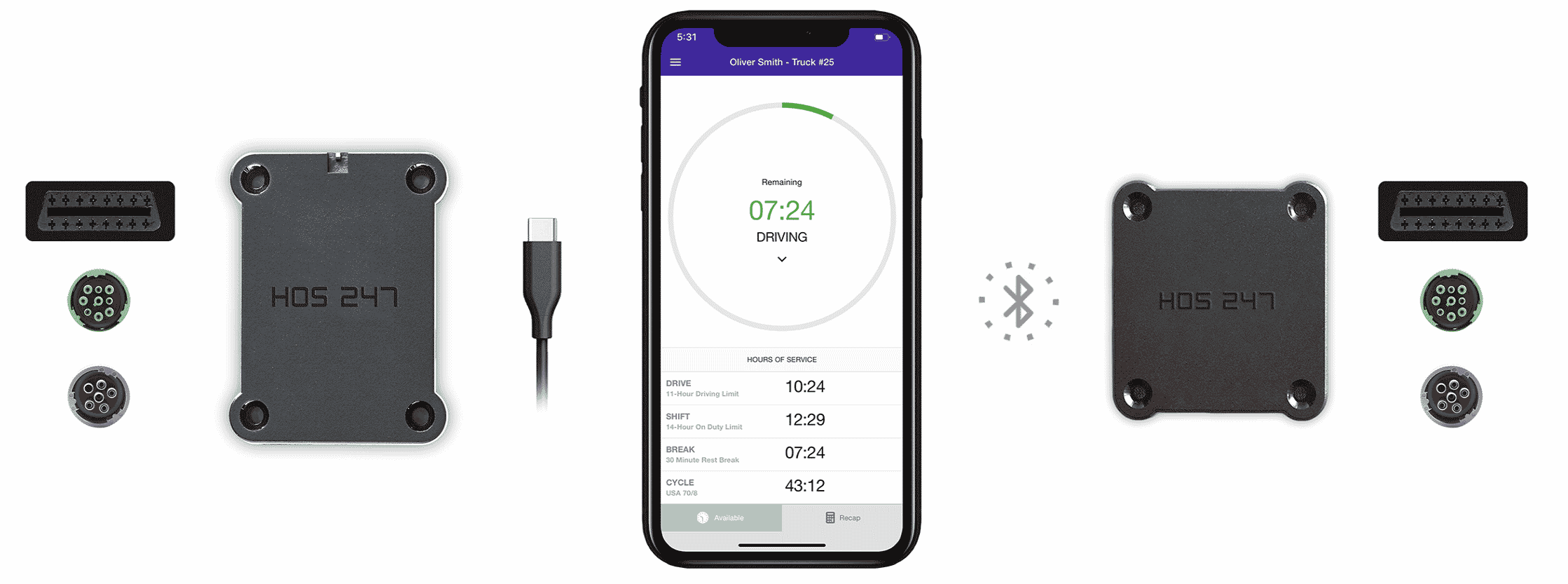Elogs for truckers help businesses in the transportation and trucking sectors with HOS compliance and productivity. Carriers must use them to comply with the mandatory federal requirement for drivers to keep their RODS electronically; however, they can also be an opportunity to upgrade the fleet and improve operations to increase profitability. This article will explain the basics of elogs for truckers and what HOS247 logbooks bring to the table.
What Are Elogs for Truckers and How Do They Work?
Elog systems for truckers rely on a device that connects to the vehicle’s engine control module to record locations, engine hours, mileage, date and time accurately to produce records of duty status. They also record identification data for the driver and the motor carrier.
When the vehicle hits a speed of 8 kilometers per hour, the electronic logbook automatically switches to driving mode and starts recording. If the speed drops down to zero for at least 3 seconds, the elog system will set the vehicle status to ‘stopped’. The ELD must support yard moves and personal use so they do not count against driving time. The vehicle’s location is recorded every hour, whether the engine is on, off, or in motion.
HOS247 Is a Top-Rated Provider of Elogs for Truckers
Carriers have much to gain from choosing a reliable electronic logbook service. By providing elogs truck drivers and fleet managers can use easily and effectively, carriers can take care of compliance and focus on increasing profits. HOS247 is a top-rated logbook system because of our commitment to dependability. Some of the benefits of our solution are:
- Reliability. HOS247 focuses on providing an efficient and reliable ELD with durable hardware, a friendly interface, and a stable Bluetooth connection.
- Top-rated technical support. Our elogs for truckers have great ratings on app distribution platforms. This is a testament to the quality of our service. Drivers and fleet managers appreciate the dependability, accuracy, ease of use, and effectiveness of logbook with multilingual customer support.
- One-stop solution. HOS247 packs numerous features with the electronic logbook, including compliance monitoring, real-time GPS tracking, IFTA calculations, driver vehicle inspection reports, maintenance reminders, fault code detection, location history, and many more.
- Flexible plans. HOS247 offers services that can be scaled up and down according to the needs of the customer. Also, there is no need to commit to multi-year contracts; you can choose a monthly or yearly subscription plan.
Differences Between Canadian and US ELD Mandates
Regulations for elog systems for truckers will be different in Canada compared to the United States. Transport Canada’s mandate was developed based on the FMCSA’s ELD rule, but there are specific differences that carriers and drivers operating on both sides of the border should keep in mind. Some of these are:
- Certification process. In the United States, electronic logbook manufacturers self- certify their devices and register into a federally approved list; the devices and their software are not tested. On the other hand, the Government of Canada has opted for a third-party certification process. The goal is to protect carriers by having an independent authority test elog solutions and certify those that prove to be compliant with federal regulations. Providers will have to apply for certification and get partially retested in the future.
- Personal conveyance. There are no limits for personal use of the vehicle in the United States, while the Canadian mandate establishes 75 km as the maximum distance allowed for personal use.
HOS data transfer. In the United States, HOS records are uploaded via eRODS, an electronic repository, in case of a roadside inspection. In Canada, the data will be transferred directly to the officer.
When Are Elogs for Truckers Required?
Most commercial drivers will have to use elogs for truckers if they transport cargo across provinces or territories. Some drivers can claim an exemption and use paper logs for keeping RODS. Here are the ELD exemption categories for commercial vehicles:
- Local permits. Drivers operating on a special permit issued by a territorial or provincial director.
- Statutory exemptions. Vehicle granted a statutory exemption under the Motor Vehicle Transportation Act.
- Rentals. Commercial vehicles operating under a rental agreement no longer than 30-days.
- Manufacturing date. Vehicle models manufactured before the year 2000.
Short-haul exemption. If the vehicle operates within a 160 km radius from the home terminal, the driver does not need to keep RODS.
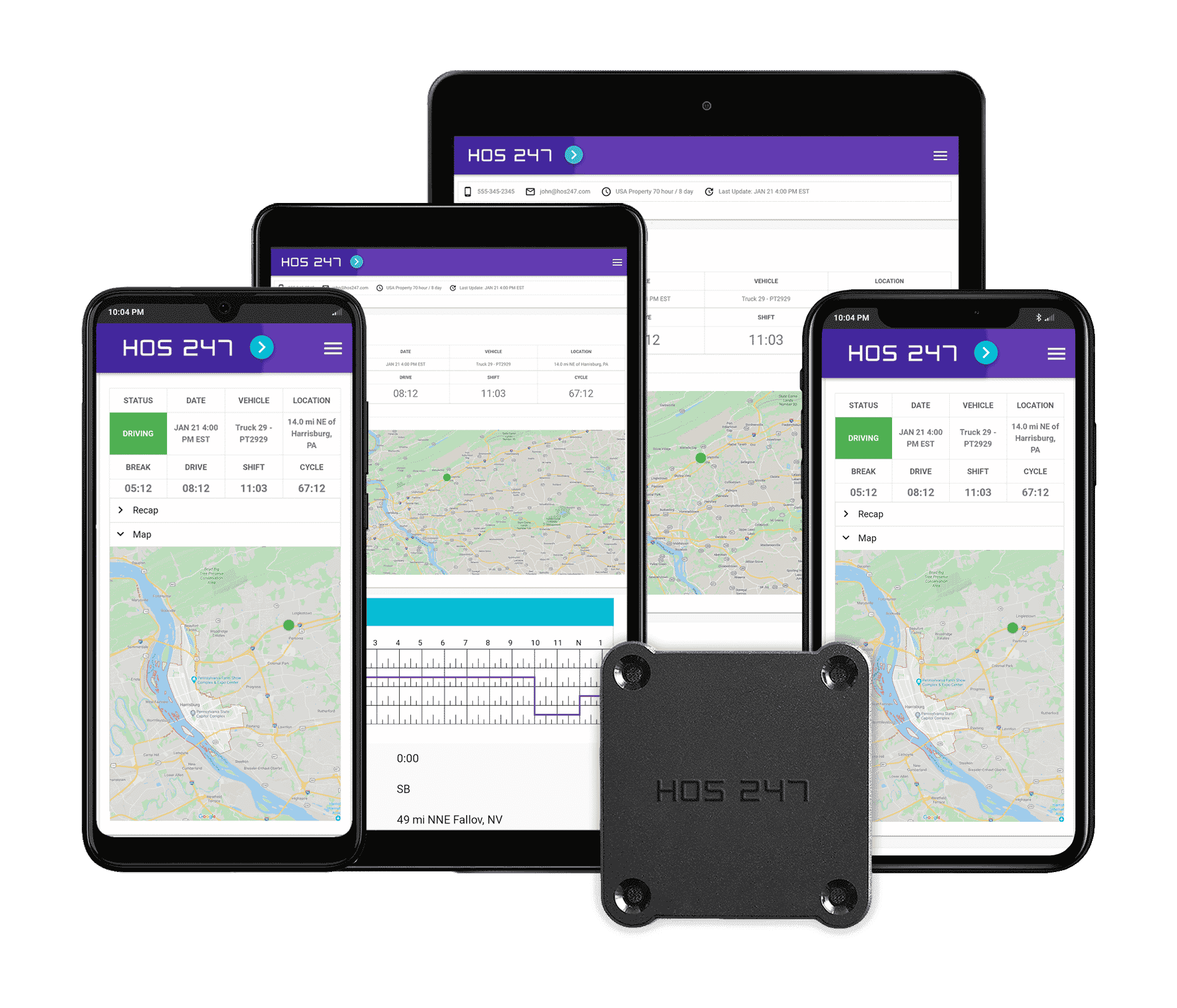
HOS Rules and Exceptions
Elogs for truckers are programmed according to hours of service rules and exceptions. The best elog for truckers will integrate them and update them if necessary. Let’s go over the most important ones.
Mandatory Off-Duty Hours
Transport Canada has established a 16-hour window during which drivers can carry out their operations. They must take 2 off-duty hours during this time slot; they may take all the time at once or split it into two two-hour breaks or four 30-minute breaks.
Northern and Southern Cycles
The number of hours that drivers may work in a day, shift, or cycle has been determined by Transport Canada in two possible schedules. The allowed driving time will differ slightly in the Northern part of the country compared to the Southern part. The dividing line between North and South is parallel 60, so the cycles look like this:
- Driving time cycles:
- North of 60: 80 hours in 7 days or 120 hours in a period of 14 days.
- South of 60: 70 hours in 7 days or 120 hours in a period of 14 days.
- Driving time limits:
- North of 60: 15 hours
- South of 60: 13 hours
Emergencies
In cases of emergency, the driver is allowed to operate beyond the time limit until the vehicle reaches a safe destination.
Adverse Driving Conditions
In adverse conditions, driving time may be prolonged by as much as two hours. This time extension will only be valid if the adverse conditions were unforeseeable and the trip could have been otherwise completed. However, drivers must still take their 8 consecutive off-duty hours.
Should Truckers Choose Android or IOS Apps to Run ELD Systems?
There has been a long history of competition between Android and iOS apps. This is a never-ending debate, so businesses looking for elogs for truck drivers should choose one that can be found on both Google Play and the Apple App Store. That way, drivers can use their preferred operating system.
This will allow easy integration, but there are no official restrictions on using iOS or Android. It really does not make a difference which operating system carriers choose as long as drivers use it properly. Ideally, providers should offer both flexibility and convenience.

The HOS247 logbook app is top-rated on both app distribution platforms for its optimal performance and quality customer service. Book a free demo today or request a 14-day trial. At HOS247, we promise to offer trustworthy, reliable, and transparent elogs truck drivers can rely on.

I’ve co-founded, built and managed several transportation-related businesses. Now, I’m a founder and CEO of HOS247 – an AI Transportation Platform for trucking companies, freight brokers and other logistics operations. We are transitioning old-style operations to technology-advanced logistics entities and help them to grow their businesses. ELDs (electronic logging devices), fleet tracking and management 2.0 combined with AI-powered dispatch tools.









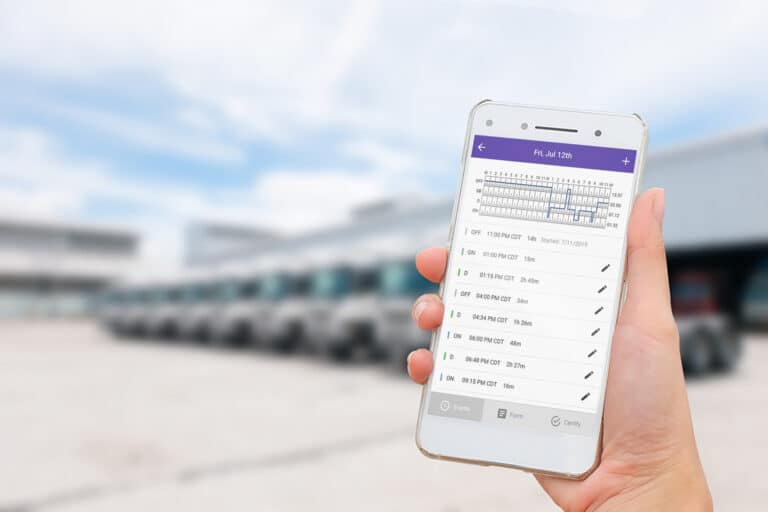
Among hundreds of ELD solutions apps in Canada, HOS247 should be your first choice Making the switch to one of the hundreds of ELD apps available on the market can feel overwhelming. Unfortunately, many transportation companies and owner-operators feel that
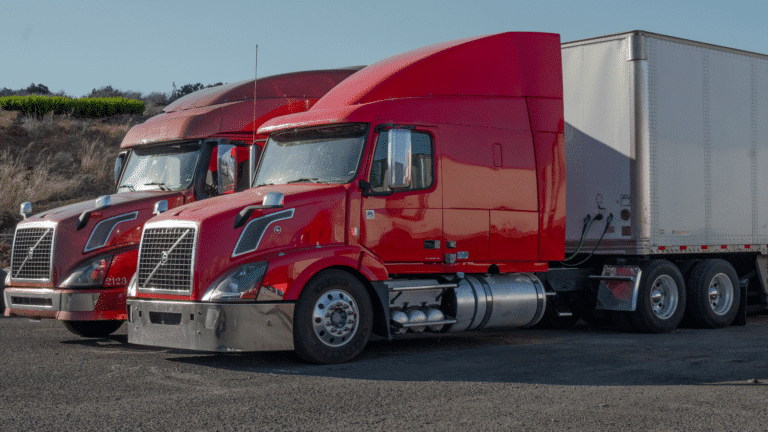
The transition from traditional paper logs to electronic solutions marked a significant advancement in the transportation industry. Electronic logbooks, mandatory for most commercial drivers, streamline the process of recording hours of service (HOS) for greater accuracy and their power can
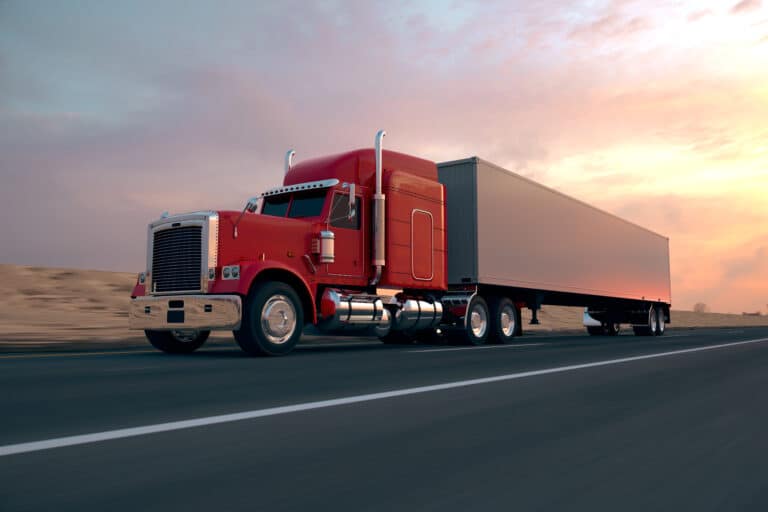
For businesses in Canada that manage a fleet of vehicles, efficient operations and asset management are essential. GPS providers offer different solutions to achieve these goals. By monitoring the location and performance of vehicles in real-time, fleet tracking systems help

